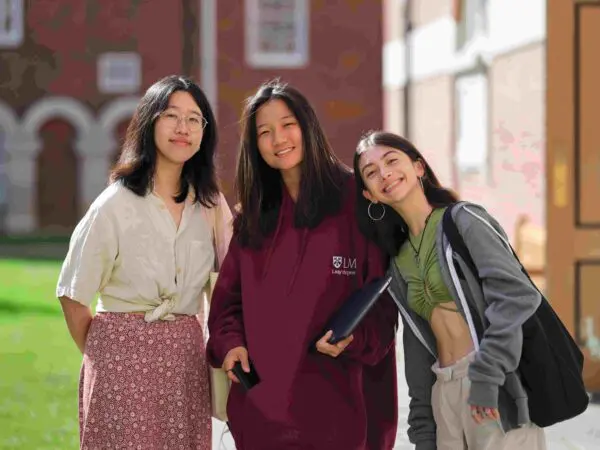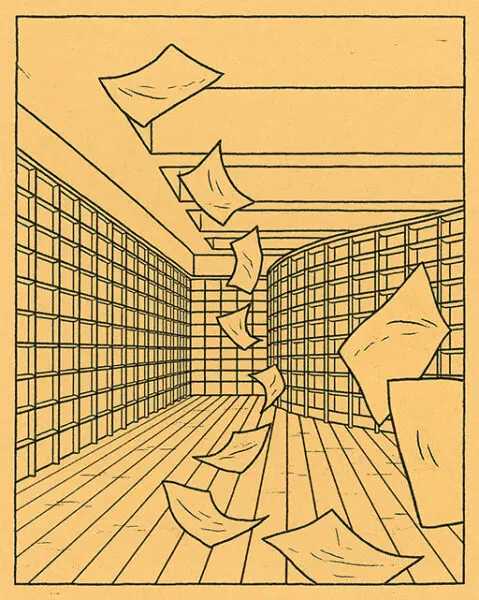
Oxford, United Kingdom
Artificial Intelligence and Machine Learning: Theory and Practice
When:
29 June - 17 July 2026
Credits:
7.5 EC
Read more
Architecture & Artificial Intelligence Summer Course
When:
15 September - 19 September 2025
School:
More Than Chat. What does AI mean for architecture?
Institution:
Ghent University
City:
Country:
Language:
English
Credits:
0 EC

A latent tension pervades the discipline of architecture today whenever the role of artificial intelligence in design is raised. This tension stems from the persistent belief that we are standing at a pivotal moment, the full consequences of which remain difficult to grasp. Architects and other design practitioners instinctively guard their methods and traditions against the perceived encroachment of AI, fearing what might be lost in this latest technological revolution. The image of the designer generating output from a messy mountain of data—hastily scraped together by bots from the far reaches of the web—evokes an unsettling, even dystopian, future.
But what, exactly, is under threat? Is it the romantic ideal of design as divine inspiration—the singular moment when form emerges through the architect’s unique sensibility? Or is it the métier itself: those embodied practices of drawing, modelling, and material engagement that have defined architectural craft for centuries? Perhaps most fundamentally, it is a sense of authorship that suddenly feels precarious. This defensive posture reflects not just a professional instinct for self-preservation but a deeper existential question about the discipline: if machines can generate forms indistinguishable from those imagined by humans, what remains of the architect’s claim to specialized knowledge, creativity, and vision?
For this summer school, we have developed three focused design exercises that explore the potential of a hybrid approach to AI and architecture. Each exercise centers on a specific tension inherent in the use of AI in design: authorship, reference, and authenticity. These fundamental issues often underpin the skepticism many designers feel toward computational tools. Rather than sidestepping these concerns, the exercises are designed to confront them head-on—fostering a critical, hands-on engagement with AI’s evolving role in architectural practice.
Each exercise generates its own AI model, trained specifically for the task at hand with carefully curated inputs and customized training methods. This bespoke approach contrasts sharply with the widespread use of generic, pre-trained models that currently dominate the field. Initial bias evolves into an exploratory methodology—one in which a rich, heterogeneous mix of references (drawn from both within and beyond the discipline) intersects with hand-crafted design material. Through these three case studies, we seek not only to test, refine, and document this process, but also to capture the full trajectory of architectural design in dialogue with artificial intelligence—from the initial concept to the unexpected detours and critical adjustments made along the way.
The AI-generated outcomes—ranging from images to texts, drawings, and more—will be part of a final exhibition at the VANDENHOVE Centre for Architecture and Art, Ghent, running from 3 October to 29 November 2025, with an opening event on 2 October 2025.
Send your application before 20 July 2025 (subject: "More Than Chat – Application"), including a short motivation letter (max. one page) around your position on AI and your expectations towards the summer school, a short CV and, if applicable, a mini-porfolio (max. six pages) of your design work
Pauline Clarot, Joris Kerremans, Ruben Verstraeten, Willem Bekers, Mohamed Moubile
The summer school targets a limited number of PhD candidates in the domain of architecture and related disciplines with a focus on image culture, design theory and practice. In order to foster an interdisciplinary spirit, we also welcome participants with an interest or background in AI and computational tools from their respective domains (art historians, computer scientists,...). PhD students are expected to take on a central position alongside teaching staff and a group of around 15 master students.
The summer school is part of Ghent University's doctoral training program, and, if needed, participants will be provided with a certificate of enrollment upon successful completion of the course
Participants are expected to attend all sessions and public lectures throughout the five-day program
When:
15 September - 19 September 2025
School:
More Than Chat. What does AI mean for architecture?
Institution:
Ghent University
Language:
English
Credits:
0 EC

Oxford, United Kingdom
When:
29 June - 17 July 2026
Credits:
7.5 EC
Read more

Pisa, Italy
When:
22 June - 26 June 2026
Credits:
3 EC
Read more

Munich, Germany
When:
02 January - 22 January 2026
Credits:
6 EC
Read more